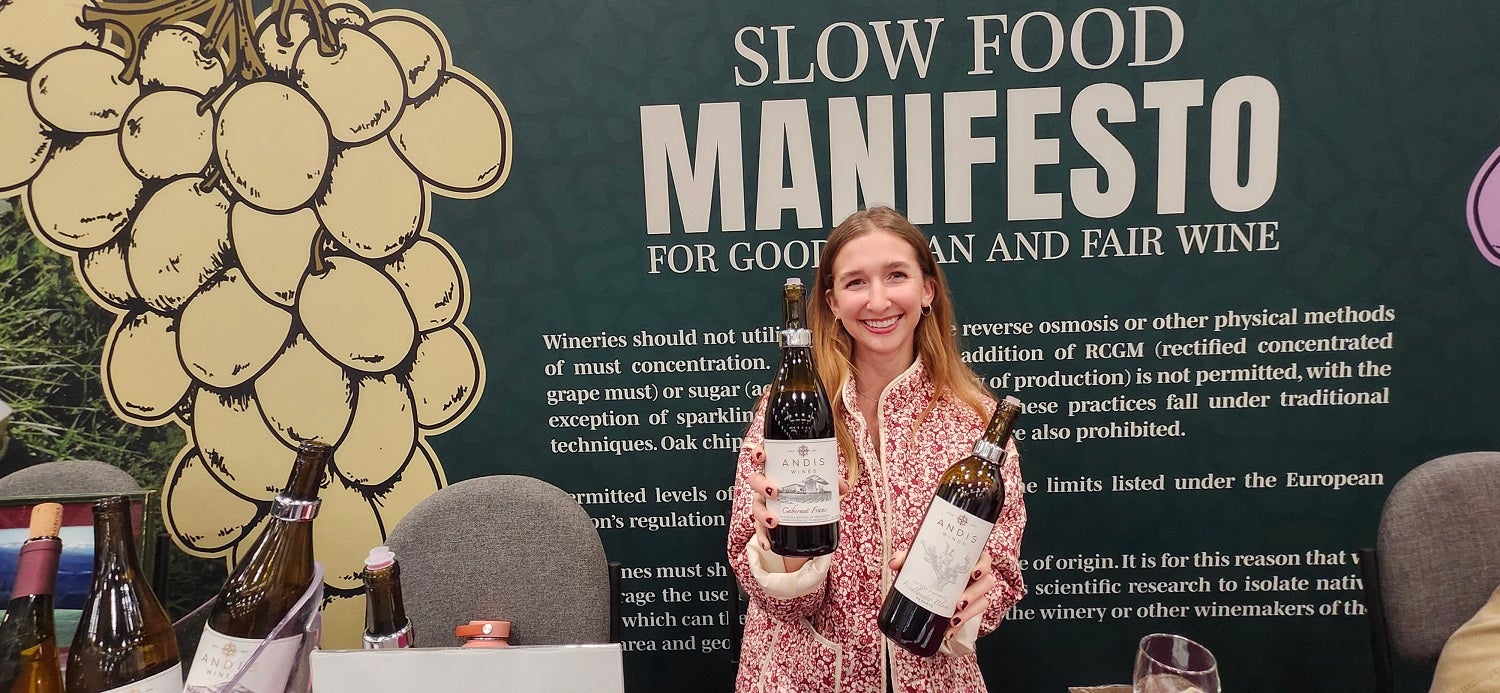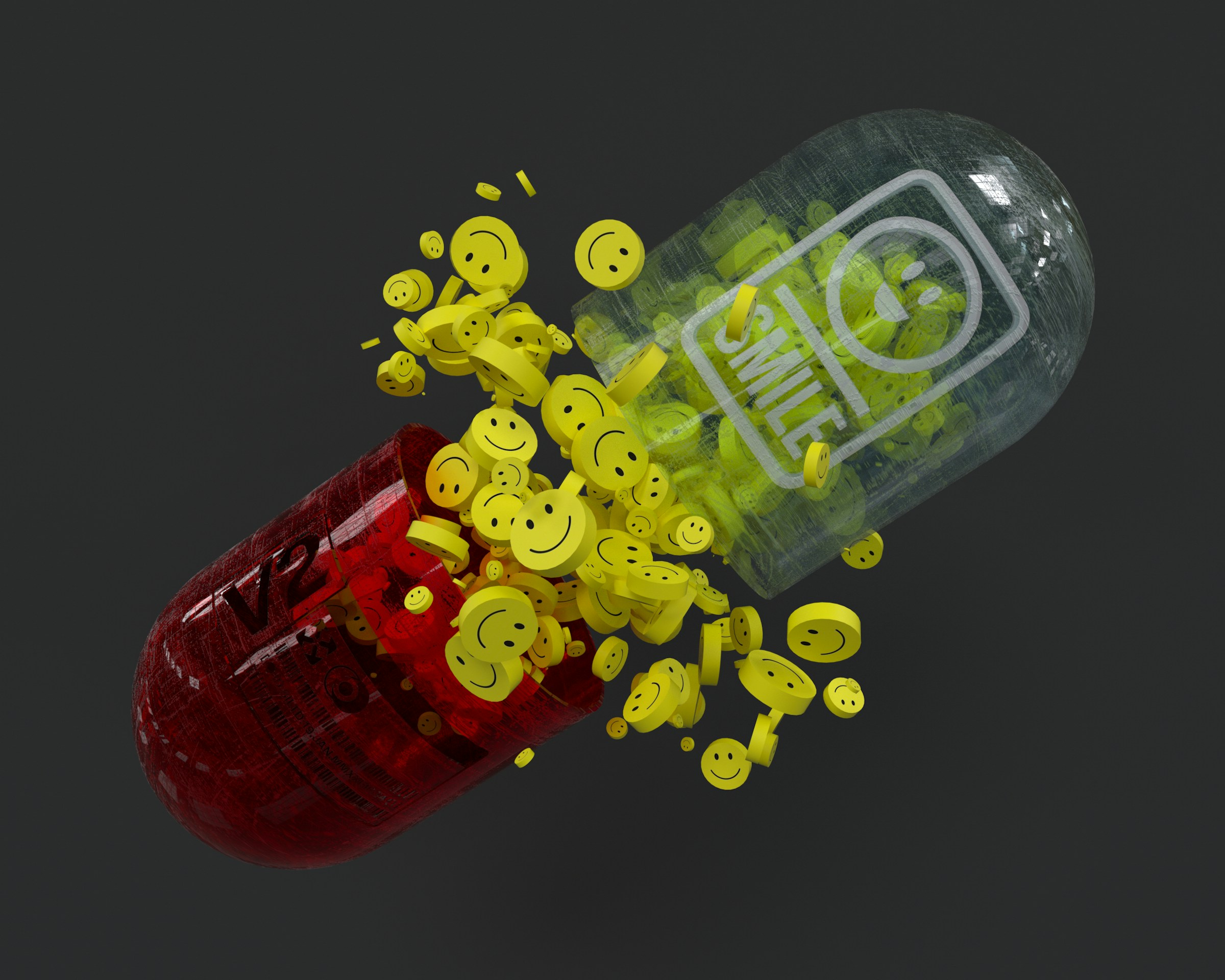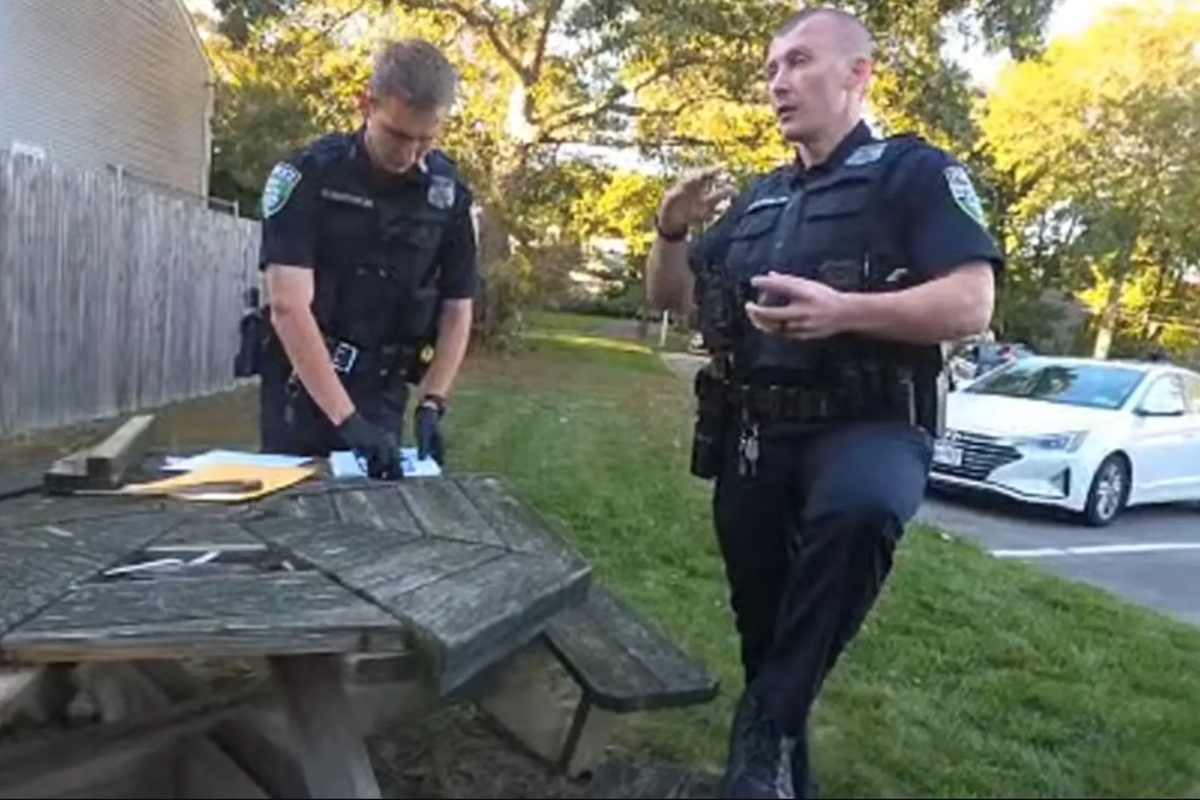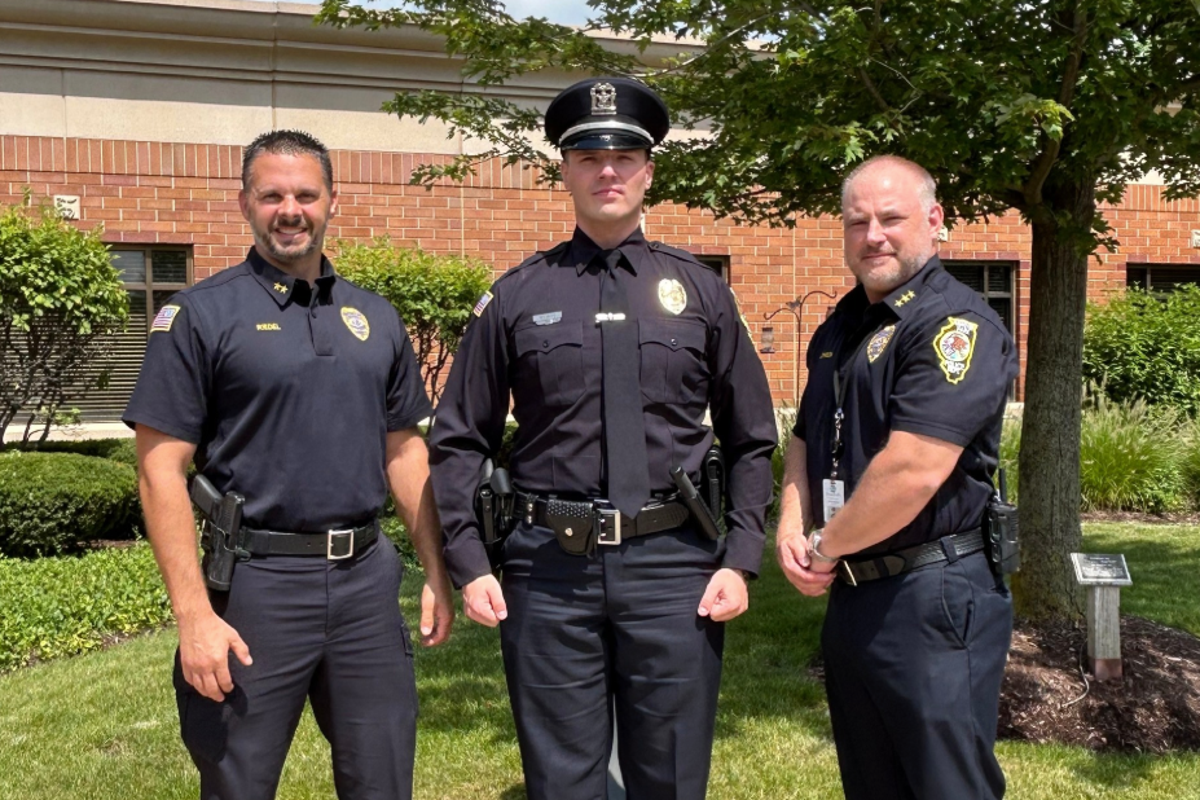Every time someone says COVID-19, I can feel a knot forming in my stomach, and I know that I’m not alone.
October 16, 2025 by California Health Report Leave a Comment

By Ilan Shapiro
Every time someone says COVID-19, I can feel a knot forming in my stomach, and I know that I’m not alone. For some, the memory is of a hospital room. For others, it’s of an empty classroom, a shuttered business or, worst of all, a family member who died. For all of us, it was a moment in time that left scars we still carry today.
COVID-19 was more than a virus. It was a storm that tested everything — our health, our economy, our patience and our trust. The masks, the school closures, the endless debates and the misinformation that poured into our homes all at once were overwhelming. And while the virus eventually passed for many, the aftershocks remain. One of the strongest aftershocks is vaccine hesitancy among patients.
In conversations with families, I hear the same thing again and again: fear. As a parent, your most important job is to keep your children safe, but when you’re frequently bombarded with conflicting voices, it can be hard to make a serious decision. On podcasts and social media, we hear varying opinions, and now even trusted health governing bodies institutions don’t always agree.
When parents are pulled in many directions, they often can freeze. They don’t know what to believe or whom to trust. At the heart of this uncertainty is a promise. It’s the one we all silently make when our children are born: that we will do everything we can to protect them.
As doctors, nurses and scientists, we tend to rely on numbers and data. But families don’t always speak that language. They speak in emotions, lived experiences and stories from their family, friends, acquaintances and neighbors. When their viewpoints don’t align with our experiences, the conversation doesn’t stand a chance to begin.
Most parents are not “anti-science” or “anti -vaccine” by default. They are trying to make the best choices in a world that feels more complicated and less trustworthy than ever before.
It’s worth remembering how vaccines have eradicated serious illnesses among children. Not too long ago, infectious diseases were one of the leading causes of childhood death. Polio, measles and diphtheria — these weren’t abstract names from history books — they were real health threats. Families lived with constant fear that a cough, a rash or a fever could lead to a lifelong disability or even death.
Today, because of vaccines, health care and improved nutrition, most children grow up without ever facing the risks that previous generations of children faced. As a result, life expectancy has soared. Entire generations will never know the fear of polio or the measles. That progress didn’t happen by chance — it happened because we trusted science, because communities worked together and parents believed in protecting their kids and building immunity. That trust is what we risk losing now.
The solution isn’t more statistics or louder voices. The solution is trust. We need to listen first, because parents’ questions are real and their fears deserve to be heard. We need to respect complexity because families are juggling poverty, social pressures, cultural beliefs and constant information overload. As pediatricians, we need to speak like humans, because our role is not just to deliver information, but to build relationships. We need to reclaim our place in children’s health, because if health leaders don’t step into this space with compassion, others will — often seeking profit, not children’s health, as their motivation.
Dr. Ilan Shapiro is the chief health correspondent and medical affairs officer at AltaMed Health Services, a federally qualified health center in Los Angeles where he practices pediatrics.
—
This article first appeared on California Health Report and is republished here under a Creative Commons Attribution-NoDerivatives 4.0 International License.
—
If you believe in the work we are doing here at The Good Men Project, please join us as a Premium Member today.
All Premium Members get to view The Good Men Project with NO ADS.
Need more info? A complete list of benefits is here.
—
Photo credit: iStock

.jpeg)

































 English (US) ·
English (US) ·